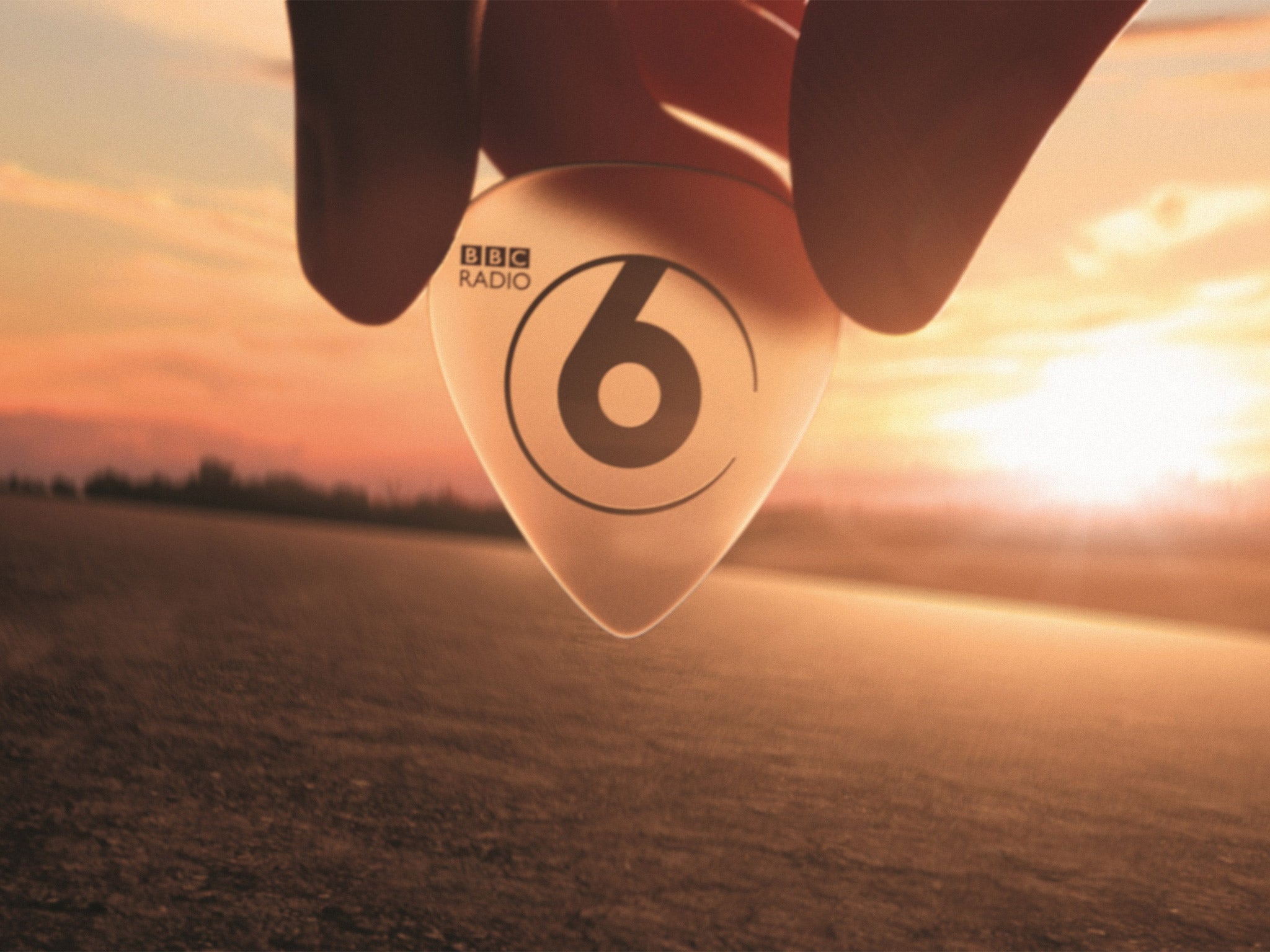Digital 6 Music set to overtake Radio 3 in BBC radio music listening battle

The BBC’s 6 Music station encroached upon Radio 3’s turf last year when it staged its first Prom. Now the digital network is threatening to overtake Radio 3 in the audience battle after figures showed that the two stations are separated by just 30,000 listeners.
6 Music, the home of cutting-edge “alternative” music which the BBC wanted to close in 2010, has attracted a record weekly audience of 1.96 million listeners, according to Rajar.
Despite being restricted to DAB, mobile and online listeners, 6 Music is poised to overtake Radio 3, whose audience dipped to 1.99 million listeners during the last quarter.
The 6 Music audience has doubled since a campaign to save it from closure persuaded the BBC Trust to reject the management proposal.
With a daily schedule featuring popular broadcasters including Lauren Laverne and Steve Lamacq, 6 Music has also strayed into Radio 3 territory with Stuart Maconie’s Freak Zone exposing experimental classical and jazz recordings as well as rock obscurities.
The first 6 Music Prom, held at the Royal Albert Hall during the regular Proms season, included Laura Marling, The Stranglers and the London Sinfonietta, playing works by Varèse, Berio and John Adams.
Tickets have sold out for the first 6 Music Festival, headlined by Damon Albarn, will be held in Manchester this Summer.
Radio 3 however has suffered a post-Proms dip with its audience falling below the 2 million figure, seen as a benchmark for the network. The 1.99 million figure is down from 2.06m last year. The network’s audience share fell to 1.1% from 1.3% last year.
Radio 3 has introduced schedule changes over the last quarter, including a new Monday night opera slot and a commitment to a live concert every evening with the introduction of an evening concert slot at the weekends.
Classic FM, Radio 3’s commercial rival, whose audience rose to 5.6 million, has accused the BBC station of seeking to boost its audience by playing a “lighter” repertoire and shorter extracts of works.
Roger Wright, Radio 3 Controller, said the schedule changes demonstrated “clear water” between the two stations.
The BBC said the Radio 3 audience figure frequently fluctuates around the 2 million mark and normally falls back after the Proms season.
Figures for the Radio 3 breakfast show have however begun to rise since Clemency Burton-Hill took over a weekday role in December.
Radio 3’s Spring schedule will be led by an unaired and little-known screenplay by Dylan Thomas, discovered at a house in Australia.
The Rajar figures also showed that Nick Grimshaw has begun to reverse an audience slump in the Radio 1 Breakfast Show. The presenter added 700,000 listeners over the quarter to register a weekly audience of 6.29 million. Radio 1’s audience as a whole fell slightly over the past year.
Radio 2’s weekly audience grew to a new high of 15.5 million, up from 14.9m in the last quarter. The Chris Evans Breakfast Show drew a record audience of 9.82 million listeners every week, up 300,000 over the previous year.
Radio 4 also posted a record weekly audience of 11.21 million. Its figures were boosted by artist Grayson Perry’s Reith Lectures and a strong performance by the Today programme, where Mishal Husain established herself as a successful addition to the presenting team.
Gwyneth Williams, Controller Radio 4, said: “I’m thrilled that audiences continue to enjoy Radio 4 and the breadth and depth of programmes that we offer. Where else would you find Grayson Perry delivering his Reith Lectures, Mishal Husain as a welcome new presenter on Today, Andrew Dilnot charting the history of Britain in numbers and Olivia Colman and Natasha McElhone in the heartbreaking drama ‘Goodbye’?”
Despite the challenge from streaming music services and other on-demand competitors, radio listening is at its highest level since records began in 1999, with 48.38 million people (91% of the population aged 15 and over), listening to radio each week.
A Radio 3 spokesman said: “BBC Radio 3 is proud to bring to so many people our distinctive blend of high quality classical and cultural content. Our audience of around two million has remained stable since this Rajar methodology was established. It is good to see our Breakfast audience build on last quarter’s figure and our unique offer of a live concert every evening attract such attention.”
Join our commenting forum
Join thought-provoking conversations, follow other Independent readers and see their replies
Comments
Bookmark popover
Removed from bookmarks